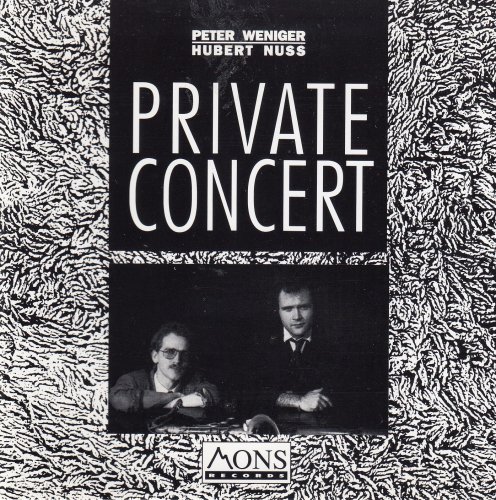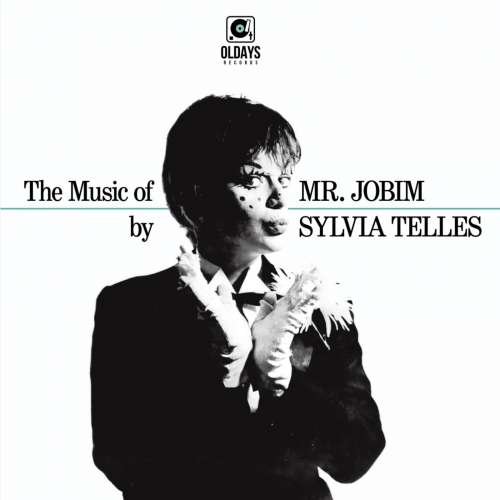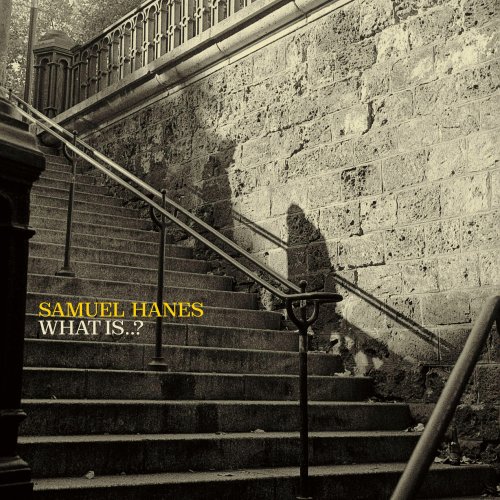Denis Kozhukhin - Brahms: Ballades & Fantasies (2017) Hi-Res

Artist: Denis Kozhukhin
Title: Brahms: Ballades & Fantasies
Year Of Release: 2017
Label: PentaTone Classics
Genre: Classical
Quality: FLAC (tracks) 24/96
Total Time: 56:54
Total Size: 1,36 Gb
WebSite: Album Preview
Tracklist: Title: Brahms: Ballades & Fantasies
Year Of Release: 2017
Label: PentaTone Classics
Genre: Classical
Quality: FLAC (tracks) 24/96
Total Time: 56:54
Total Size: 1,36 Gb
WebSite: Album Preview
01. Theme and Variations in D Minor, Op. 18
4 Ballades, Op. 10:
02.No. 1 in D Minor, "Edward"
03.No. 2 in D Major
04.No. 3 in B Minor
05.No. 4 in B Major
7 Fantasies, Op. 116:
06.No. 1. Capriccio in D Minor
07.No. 2. Intermezzo in A Minor
08.No. 3. Capriccio in G Minor
09.No. 4. Intermezzo in E Major
10.No. 5. Intermezzo in E Minor
11.No. 6. Intermezzo in E Major
12.No. 7. Capriccio in D Minor
Performers:
Denis Kozhukhin, piano
Pentatone has given Denis Kozhukhin a beautifully warm acoustic for this Brahms recording, setting his performances in the best possible light. He begins with Brahms’s adaptation of the variation movement of the First String Sextet, proffered as a birthday present to Clara Schumann in 1860. Kozhukhin is alive to the work’s Baroque feel, which emanates from the archaic-sounding D minor theme, and the hymnic fourth variation, with its turn to the major, is particularly beautifully rendered. Ohlsson is less orchestrally rich in the theme itself and a little more straightforward in manner, and Kozhukhin finds a greater degree of inwardness.
Plowright’s recent account of the Op 10 Ballades was deeply impressive, and so is this new reading, even if neither can rival Sokolov in sheer reactivity. Kozhukhin avoids sounding ponderous in the outer sections of the Second Ballade thanks to his relatively flowing tempo – and in its driving inner section he is never merely vehement. The Fourth Ballade is another highlight, the melodic line beautifully drawn out of the texture.
In some hands, the more driven of the Op 116 Fantasies can come across as a tad stroppy, but there’s no risk of that here. The first of the set has strength and power but also a ringing tone and an eagerness to unearth its playfulness, and its yearning too. In the fourth piece, Angelich makes life easier for himself with a slightly more flowing tempo than Kozhukhin but ultimately it’s Richard Goode who really sets the benchmark in these pieces, making everything sound so inevitable. That said, I’m very taken with what Kozhukhin has to say in this music.
Plowright’s recent account of the Op 10 Ballades was deeply impressive, and so is this new reading, even if neither can rival Sokolov in sheer reactivity. Kozhukhin avoids sounding ponderous in the outer sections of the Second Ballade thanks to his relatively flowing tempo – and in its driving inner section he is never merely vehement. The Fourth Ballade is another highlight, the melodic line beautifully drawn out of the texture.
In some hands, the more driven of the Op 116 Fantasies can come across as a tad stroppy, but there’s no risk of that here. The first of the set has strength and power but also a ringing tone and an eagerness to unearth its playfulness, and its yearning too. In the fourth piece, Angelich makes life easier for himself with a slightly more flowing tempo than Kozhukhin but ultimately it’s Richard Goode who really sets the benchmark in these pieces, making everything sound so inevitable. That said, I’m very taken with what Kozhukhin has to say in this music.

![The Mr Bongo Edits, Vol. 1-4 (2022-2026) [Hi-Res] The Mr Bongo Edits, Vol. 1-4 (2022-2026) [Hi-Res]](https://www.dibpic.com/uploads/posts/2025-03/1742727562_mr_bongo_edits_collage_square.jpg)



![David Buckley - The Lincoln Lawyer (Soundtrack from the Netflix Series) (2026) [Hi-Res] David Buckley - The Lincoln Lawyer (Soundtrack from the Netflix Series) (2026) [Hi-Res]](https://img.israbox.com/img/2026-02/04/vzp86w0v1k1yvpz6k1s70okfi.jpg)


